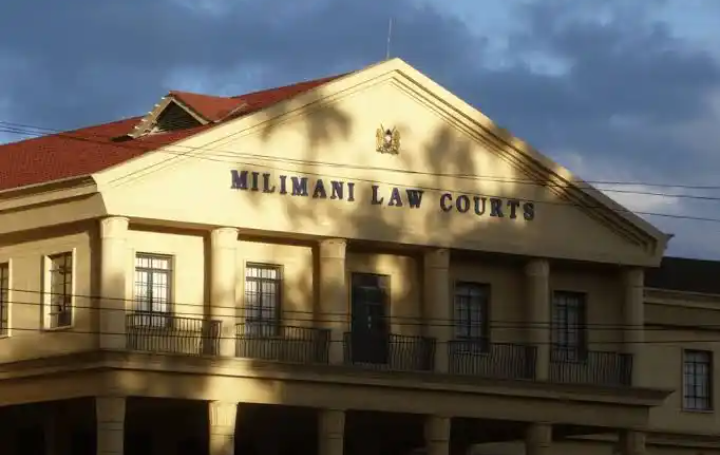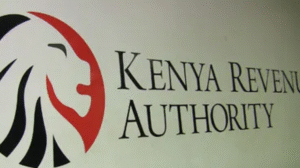The Kenyan High Court recently made a landmark ruling that underscores the country’s growing commitment to combating corruption and reclaiming ill-gotten wealth.
In a case that has garnered significant attention, the court ordered several high-profile individuals to surrender properties valued at Ksh 198 million to the Ethics and Anti-Corruption Commission (EACC).
The ruling, which was delivered in August 2024, marks a significant victory for the EACC in its ongoing efforts to recover assets acquired through corruption and other illicit means.
The properties in question include prime parcels of land in Kisumu, Siaya, and Utawala, as well as significant sums of money that were traced back to the defendants.
The court found that these assets had been acquired through corrupt practices, including the embezzlement of public funds.
The judgment not only ordered the forfeiture of these properties but also mandated the payment of Ksh 22 million and Ksh 176 million to the EACC, further emphasizing the financial repercussions of engaging in corruption.
This ruling is particularly significant as it sends a clear message to individuals who have amassed wealth through dubious means: the legal system is actively working to hold them accountable.
The EACC’s success in this case is likely to bolster its efforts in pursuing similar cases in the future, as it continues to target individuals and entities that have engaged in corrupt practices.
One of the key aspects of this case is the court’s reliance on forensic investigations conducted by the EACC, which revealed the vast discrepancies between the declared income of the defendants and their accumulated wealth.
The court’s decision to allow the EACC to recover the properties highlights the importance of thorough investigations in bringing such cases to a successful conclusion.
It also demonstrates the judiciary’s willingness to support the fight against corruption by ensuring that justice is served, regardless of the social or economic status of the individuals involved.
The broader implications of this ruling extend beyond the immediate case.
It sets a precedent that could encourage more aggressive legal action against other individuals suspected of acquiring wealth through corrupt means.
It reinforces the importance of transparency and accountability in the management of public resources, which is crucial for restoring public trust in government institutions.
The recovery of Ksh 198 million worth of property is a significant achievement for the EACC and a reminder of the financial consequences that can arise from corruption.
For the tycoons involved, the loss of these assets is a stark indication of the risks associated with engaging in illegal activities.
This case serves as a powerful example of the potential outcomes for those who choose to operate outside the law.In conclusion, the High Court’s order for the surrender of Ksh 198 million in property is a pivotal moment in Kenya’s anti-corruption efforts.
It underscores the judiciary’s role in supporting the EACC’s mission to recover stolen assets and sends a strong message that corruption will not be tolerated.
The implications of this ruling are likely to resonate for years to come, as the country continues to strive for greater transparency, accountability, and justice in the fight against corruption.





















Add Comment